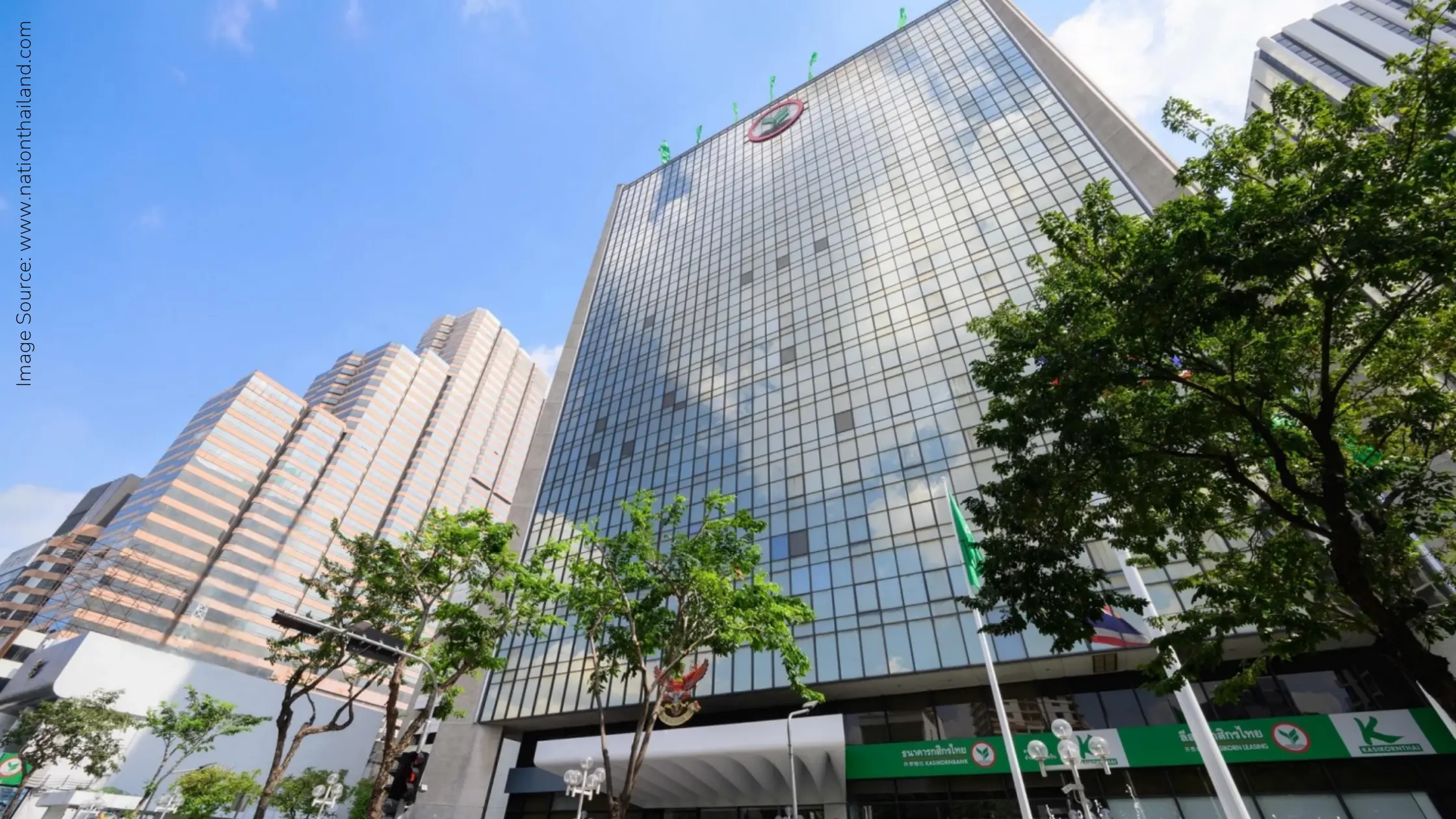DBS Stock: Should Investors Worry About Its Recent Digital Disruption?
April 5, 2023

Last week, leading Singapore bank DBS Group Holdings Ltd (SGX: D05) suffered an outage of its online services.
This left customers unable to access its web and mobile banking platforms.
Southeast Asia’s largest banking group, and a leader in the digital banking space, suffered disruption to its digibank online and mobile services, PayLah app, DBS Vickers platform and PayNow services.
The outage lasted for around 10 hours, causing inconvenience and frustration to many customers who rely on DBS for their online banking needs.
DBS reputation at stake
The disruption has also raised questions about DBS’s reputation, reliability, and resilience as a digital bank.
The Monetary Authority of Singapore (MAS) has expressed its dissatisfaction with the bank’s performance and instructed the bank to conduct a thorough investigation and submit its findings to the MAS.
The central bank has also indicated that it will take appropriate supervisory actions after gathering the facts.
Meanwhile, DBS has apologised to its shareholders and customers for the incident and set up a special board committee to look into the cause of the disruption.
The bank has also engaged external experts to work with the committee and review its systems and processes.
DBS CEO Piyush Gupta has admitted that the bank fell short of its expectations and committed to doing better.
Reminders of 2021 DBS outage
The outage last week was also reminiscent of an outage DBS suffered in 2021, one of its worst digital disruptions in the past decade.
As DBS has faced two major disruptions of its digital services in the past 16 months, investors may be concerned about the impact of the disruption on DBS’s business and financial performance.
While it is too early to assess the full extent of the damage this time, here are three possible implications.
1. Loss of customer trust and loyalty
Customers may lose confidence in DBS’s digital services and switch to other banks or fintech platforms that offer more reliable and convenient online banking solutions.
This could erode the bank’s customer base and market share in the long run.
2. Regulatory penalties and reputational risk
MAS may impose fines or capital requirements on DBS for failing to maintain high system availability and not ensuring a speedy recovery.
This could increase DBS’s operational costs and reduce its profitability. Moreover, DBS may face negative publicity and criticism from the public and the media, which could damage its brand image and goodwill.
In February last year, MAS imposed additional capital requirements amounting to S$930 million on DBS related to the November 2021 disruption.
3. Competitive disadvantage
DBS may lose its edge as a digital bank if it cannot provide consistent and seamless digital services to its customers.
Other banks or fintech players may seize the opportunity to attract customers with more innovative and stable online banking offerings. This could reduce the bank’s growth potential and market leadership.
While these are some of the downside risks, investors should also consider some mitigating factors that may limit the impact of the disruption on DBS’s performance. These include some of the following.
Strong fundamentals and track record
DBS has a solid financial position and a proven track record of delivering strong results across its businesses.
The bank has also invested heavily in digital transformation and innovation, which have enabled it to grow its customer base, revenue, and market share in recent years.
The disruption is unlikely to significantly affect DBS’s overall financial performance or long-term prospects.
Swift response and remedial actions
DBS has responded quickly to the incident and took steps to restore its digital services and communicate with its customers.
The bank has also shown accountability and transparency by apologising to its stakeholders and setting up a special board committee to investigate the incident.
DBS has also pledged to improve its systems and processes to prevent similar incidents from happening again.
Customer loyalty and satisfaction
Despite the disruption, many customers may still remain loyal to DBS due to its strong brand name, wide range of products and services, competitive pricing, and customer service.
DBS may also offer compensation or incentives to its affected customers to retain their trust and satisfaction.
Remains manageable risk for DBS
I believe that investors should not worry too much about DBS’s recent digital services disruption as it is unlikely to have a lasting or material impact on the bank’s performance or value.
However, investors should monitor how DBS handles the incident and implements improvements to ensure that it does not occur again or escalate in future.
Other more important factors to look into include the external market environment that has a negative sentiment on the banking sector following the banking crisis in the US and Europe.
Disclaimer: ProsperUs Investment Coach Billy Toh doesn’t own shares of any companies mentioned.

Billy Toh
Billy is deeply committed to making investment accessible and understandable to everyone, a principle that drives his engagement with the capital markets and his long-term investment strategies. He is currently the Head of Content & Investment Lead for Prosperus and a SGX Academy Trainer. His extensive experience spans roles as an economist at RHB Investment Bank, focusing on the Thailand and Philippines markets, and as a financial journalist at The Edge Malaysia. Additionally, his background includes valuable time spent in an asset management firm. Outside of finance, Billy enjoys meaningful conversations over coffee, keeps fit as a fitness enthusiast, and has a keen interest in technology.







